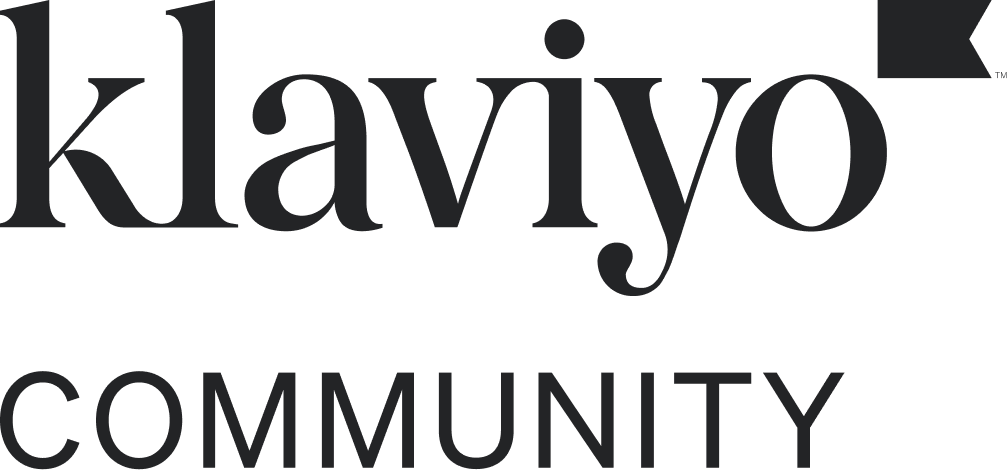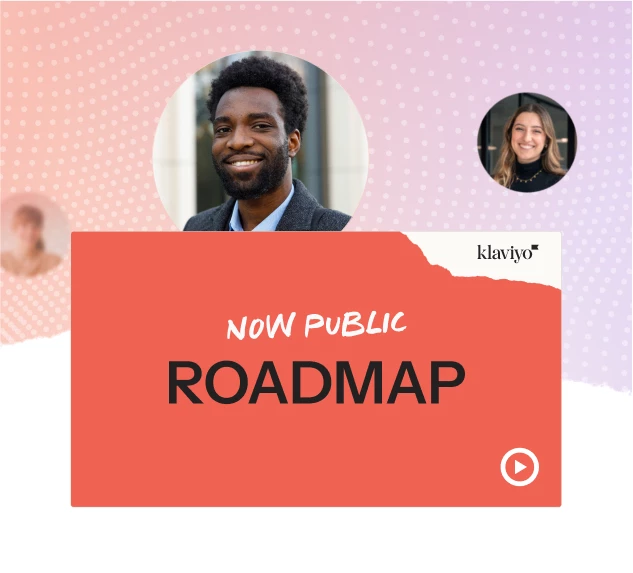Hello @KONZUK,
Thanks for sharing this question with the Klaviyo community. Many customers currently use Shopify Tags to segment their retail vs wholesale audiences.
Shopify's customer tags are assigned as custom properties to the Klaviyo Profile of each customer who is synced into Klaviyo through the Shopify integration. Therefore, if you were to create a “Wholesale” tag in Shopify and assign that to profiles in Shopify, that tag would be synced to their Klaviyo profile.
From there, you can segment wholesale users using that tag using the “properties about someone” condition. For more information, I recommend checking out our documentation on using Shopify tags to filter customers and our segmentation documentation.
I also recommend reviewing our thread on Shopify order tags which is another way to track wholesale customers in addition to tracking it on the profile level:
With respect to your second question I recommend reviewing the thread below:
Also, Klaviyo will track all orders and the dates of those orders.
I hope that was helpful!




![[Academy] Deliverability Certificate Forum|alt.badge.img](https://uploads-us-west-2.insided.com/klaviyo-en/attachment/505f2253-cde5-4365-98fd-9d894328b3e0_thumb.png)
